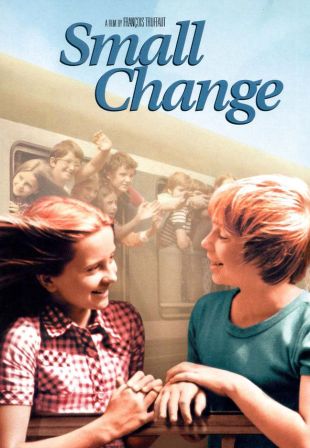
François Truffaut was one of the enfants terribles of the French New Wave; as a critic and polemicist for Cahiers du Cinéma, the deeply influential film journal that rose to international prominence in the late 1950s and '60s (and has remained a potent force ever since), Truffaut attacked the previous generation of French cineastes as being too literary and derivative in their work, with only a few exceptions (Jean Cocteau and Jean Renoir among them). When Truffaut seriously turned his hand to filmmaking, his first feature, The 400 Blows (Les Quatre Cents Coups, 1959), was an international success. He quickly followed that film with a string of quirky and individual works, including Shoot the Piano Player (Tirez sur le Pianiste, 1960), with Charles Aznavour; Jules and Jim (Jules et Jim, 1962), about a love triangle that goes horribly wrong; and his first film in English, Fahrenheit 451 (1966), which was based on Ray Bradbury's novel. Always the romantic, Truffaut moved further away from his old colleague Jean-Luc Godard, who was jettisoning the commercial cinema for a more political form of filmic discourse. Truffaut's luminously beautiful film about the trials of filmmaking, Day for Night (La Nuit Américaine, 1973), won the Academy Award for Best Foreign Language Film in 1974, and he even agreed to appear as an actor in Steven Spielberg's Close Encounters of the Third Kind (1977) as UFO researcher Claude Lacombe; he later said he was amazed at how long it took to make the film, and how little was shot each day on this immense Hollywood production. Truffaut, having started out as an angry young man, was now mellowing considerably, and Small Change (L'Argent de Poche) is one of his most relaxed films. There really isn't a plot here, but rather a series of vignettes centering on the lives of a group of young school children; even as adult, Truffaut's heart was never far from the concerns of childhood and adolescence. Thus, the film is a very slight addition to the Truffaut canon, but at the same time, it is so suffused with the passion of youth that it is impossible to ignore. Truffaut understood the mechanics of childhood dreams and ambitions perhaps better than any other filmmaker; in this small but personal film, he shows us human life in microcosm.
